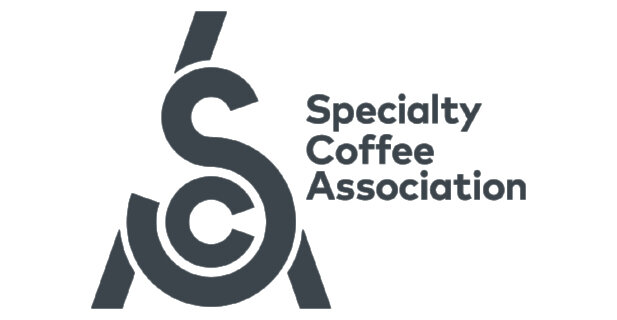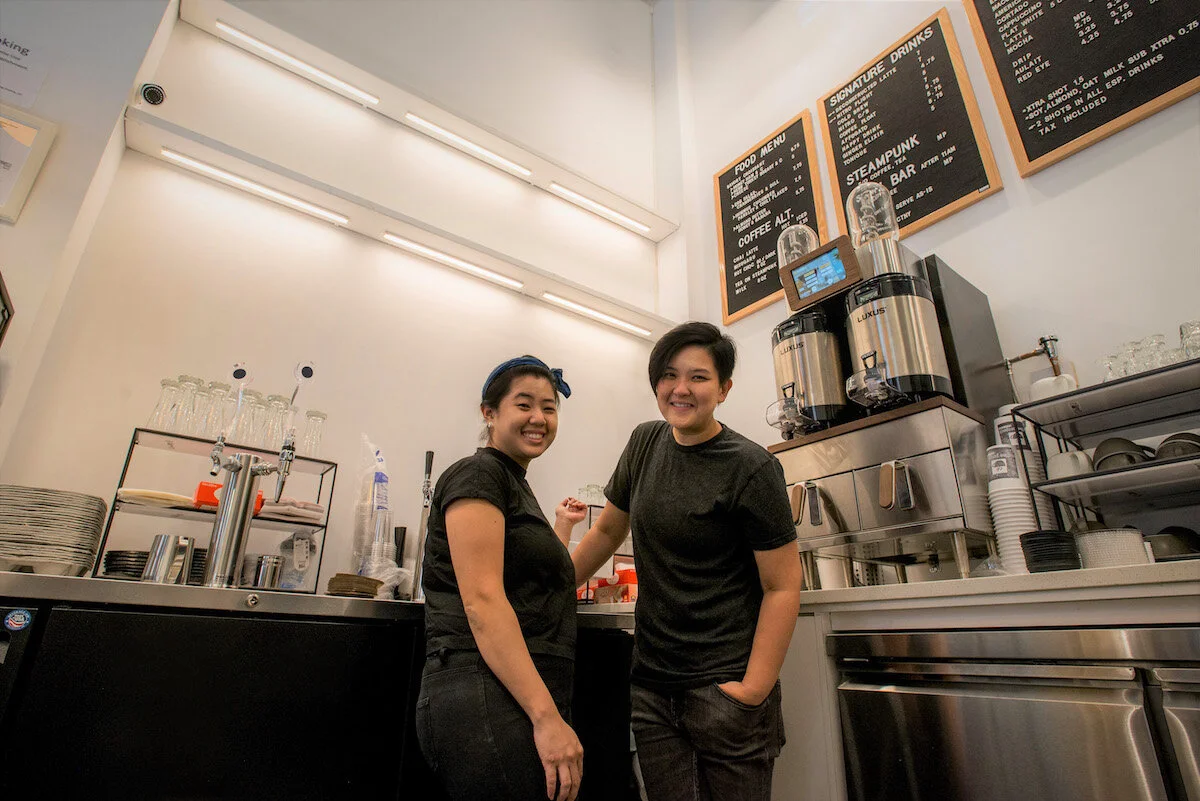As the majority of specialty coffee consumption lies in the US, EU, and East Asia, “producing” countries have solely – and strategically – focused export, indenting to increase demand in “consuming” countries.
Read MoreSCA Education organized two webinars to introduce the new Coffee Sustainability Program. The first-ever Professional course will launch at the end of October, co-taught online by Nora, Kate, and Erika.
Read MoreToday, we’re very happy to present the first episode of “Growing Consumption: Letting Go of Sameness,” a session recorded at Re:co Symposium this past April.
Read MoreSession Host Phyllis Johnson begins with a study by the National Coffee Association indicating that specialty coffee consumption is slowing among our current target market before bringing Red Bay Coffee’s Keba Konte to the stage.
Read MoreBy now, many readers will have heard about the coffee price crisis and the SCA’s response team, dubbed the Price Crisis Response Initiative. If you are among them, you likely understand that the price crisis is a complex issue and that there’s no easy, quick solution.
Read MoreToday, we’re very happy to present the fifth and final episode of “Value Chains: Transparency and Market Linkages,” a session recorded at Re:co Symposium this past April.
Read MoreInsurance is a common financial instrument, but often misunderstood. Today’s speaker, Greg Low, asks: What is insurance’s role in building resilient business models?
Read MoreToday on the podcast we’re sharing the audio from an interactive webinar we hosted last week, part of our series on the Coffee Price Crisis.
Read MoreFor over 20 years, the Coffee Quality Institute (CQI) has worked to improve coffee quality through a diverse set of programs addressing foundational issues affecting the value chain.
Read MoreToday, we’re very happy to present the fourth episode of “Value Chains: Transparency and Market Linkages,” a session recorded at Re:co Symposium this past April.
Read MoreEvery year, over 30,000 coffee professionals complete an SCA education program with more enrolling each year. Meet Sum Ngai of Coffee Project NY.
Read MoreToday, traceability and sustainability play an increasingly important role in the specialty coffee industry. Businesses in the industry realize their need to become more sustainable, environmentally, socially, and economically, and are looking for ways to achieve this.
Read MoreOn behalf of the SCA Board of Directors, it is my pleasure to present the slate of candidates for the 2019 SCA Board of Directors elections.
Read More“It’s not easy to know that you are sacrificing your income, that what you are working on is subsidizing the coffee industry.”
Read MoreIt’s no secret that young people living in Marsella Risaralda have migrated to other cities in search of better opportunities – if coffee farming doesn’t provide guarantees of economic stability for small producers, coffee picking certainly won’t.
Read MoreForces of disruption in agricultural supply chains – intensifying production demands, accelerating climate change, an urbanizing labor force – have led to marginal incomes at the production level for both farmers and farmworkers, but the latter remain largely hidden in coffee price discourse.
Read MoreSOPHIA JIYUAN ZHANG and FLORAC DE BRUYN share research findings amassed during a four-year research collaboration focused on creating a better understanding of the impact of post-harvest coffee processing on coffee quality across different geographic locations.
Read MoreVICENTE PARTIDA sat down with development economist and SCA Board Member VERA ESPINDOLA RAFAEL to learn more about the preliminary results of a forthcoming research project challenging the industry to rethink the pervasive export-oriented approach to coffee growing.
Read MoreIf “sustainability” became the buzzword of specialty coffee towards the end of the twentieth century, then “resilience” is fast on its way towards earning the title in the twenty-first.
Read MoreAn unrecoverable coffee addict, I’ve been traveling to Ukraine since 2009 when I moved to Kyiv for work with the European Commission.
Read More



















